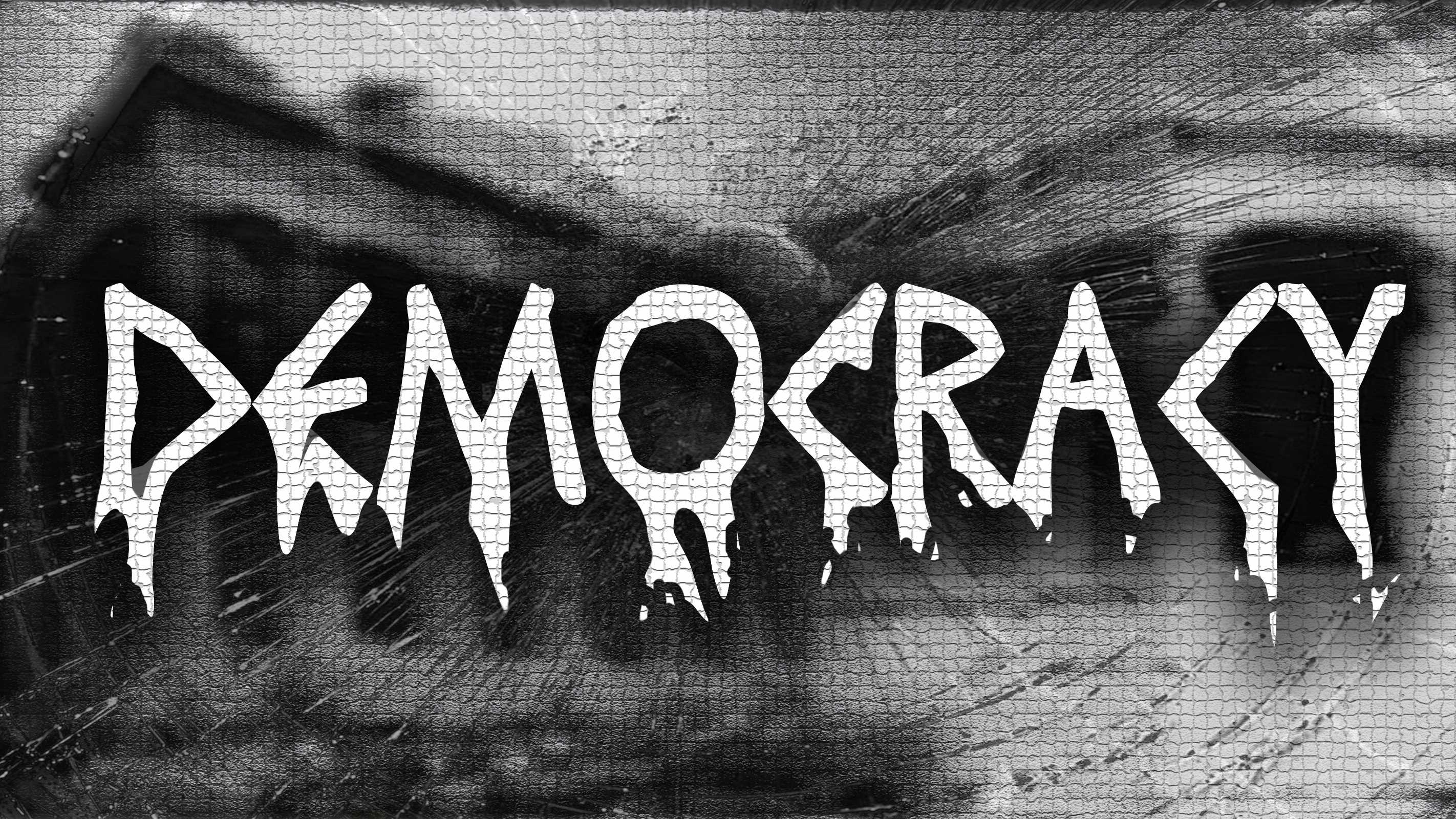It is very difficult to mention all the values of a true democracy. Still some of the values that characterise a democratic philosophy of life are tabulated below:
1. Respect for Individuality:
A democracy is based on the faith in the dignity and worth of every single individual as a human being. It is, therefore, that a democratic society aims at the highest development of every one of its members.
Everyone is provided with full scope and opportunities for self-development and self- realization. Everyone is respected in society without any consideration of his vocation or calling and his contribution, however humble, is appreciated.
2. Equality:
ADVERTISEMENTS:
In a democratic society, no one is considered superior or inferior in respect of status or nature of work. It believes in the equality of rights and opportunities for all. Not only that equal political rights are guaranteed to all but equal opportunities are provided to all members for their full growth and all round development according to their capacities, capability and natural endowment.
“The democratic faith in human equality is belief that every human being, independent of the quantity of range of his personal endowment, has the right to equal opportunity with every other person for development of whatever gifts he has. The democratic belief in the principle of leadership is a generous one. It is universal.
It is a belief in the capacity of every person to lead, his own life, free from coercion and imposition by others, provided right conditions are supplied”, differ from him, are all in the wrong. It is, therefore, that all sorts of physical, economics, social, cultural, religious and political differences are tolerated in a truly democratic society.
3. Toleration:
ADVERTISEMENTS:
In a democracy, all types of differences are tolerated. In a big country like India, there must be differences in diet and dress, stature and complexion, modes and habits, faiths and religions, language and speech and thought and practice. All these differences must be tolerated on the basis of equality.
A true democrat never thinks that his way is the only right way and that those who differ from him, are all in the wrong. It is, therefore, that all sorts of physical, economics, social, cultural, religious and political differences are tolerated in truly democratic society.
4. Co-operative Living:
In a democracy, every individual is a co-worker with others. He learns to live with others and to appreciate the value of co-operation through practical experiences and through free inter-play with other persons. He understands that he cannot live by himself and cannot depend upon his efforts for the fulfillment of all his needs and desires.
So he works in co-operation with others, sharing the benefits of corporate life and contributing to the realization of a common ideal, according to his ability and capacity. Thus, the guiding principles of a democracy are fellow-feeling, co-operation and brotherhood.
5. Faith in change through Persuasion:
ADVERTISEMENTS:
Democracy believes in change-a change for the better. There is no standardisation and stagnation. It is democracy that gives the maximum freedom of thought and expression and which favours criticism and change. It is democracy that not only plans for the present but also for the future improvement of society.
It is again in democracy that social forces, directing change, are under control of the government and that they operate by common consent. So change or progress in a democratic society is not only desirable but essential. But this change is not brought about by force. It is affected through persuasion and through the democratic machinery of public opinion.
